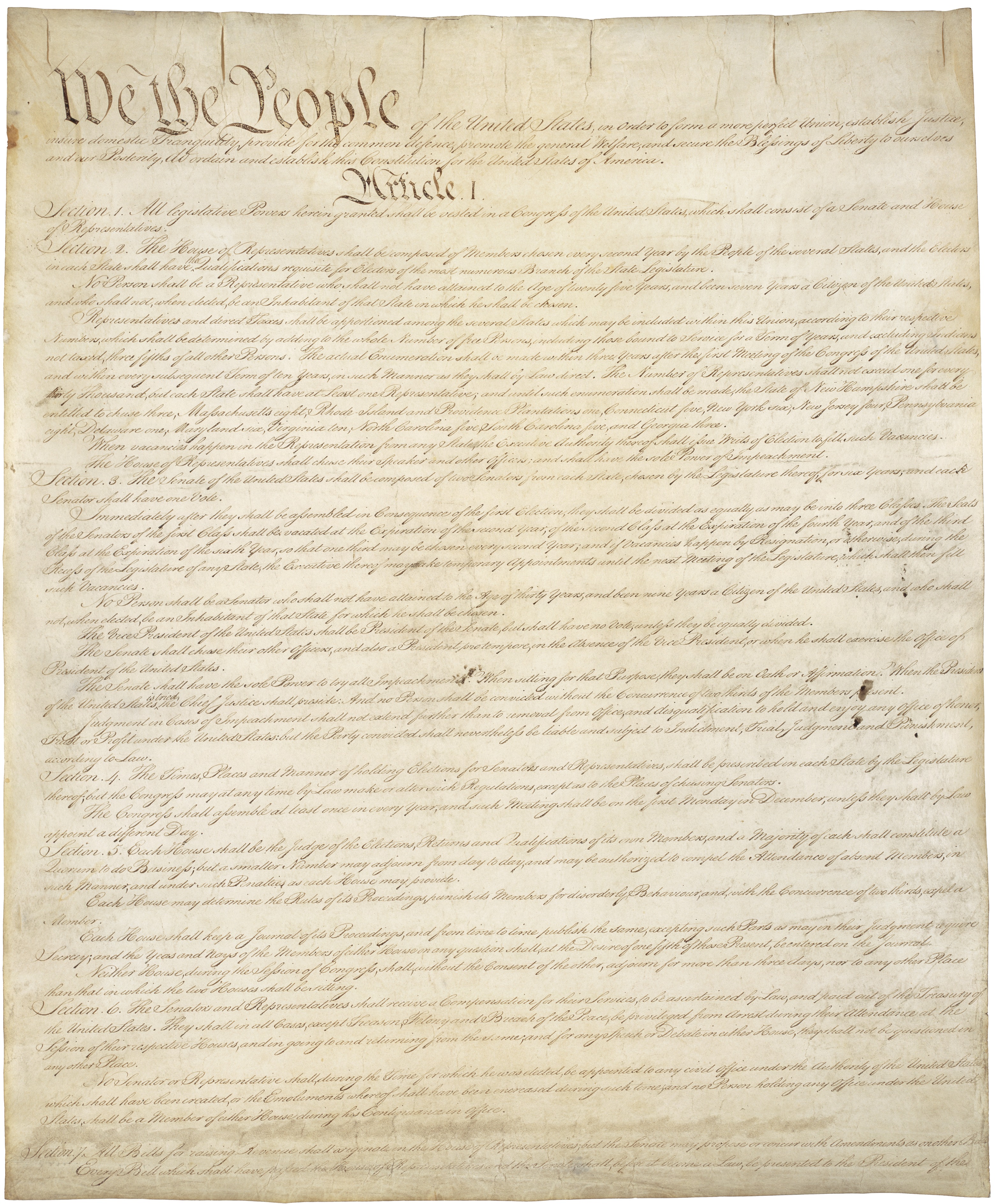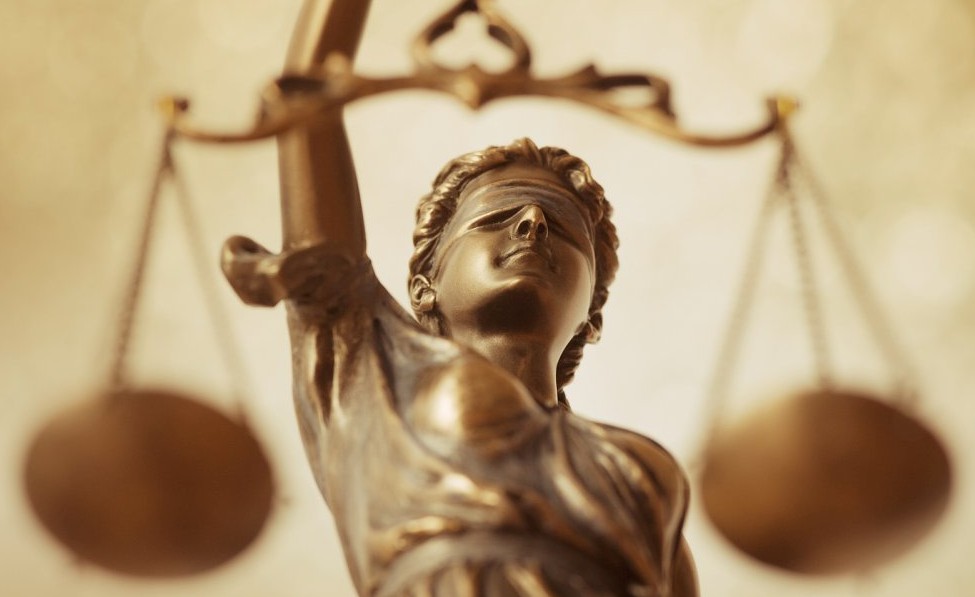Training Workshop on Ethics and Professionalism

Training Workshop on Ethics and Professionalism
In collaboration with World Partnerships, Inc., Africa Talks founder, Salem Solomon, held a 90 minute seminar on Sept. 2 for eight international visitors from Angola, Guinea-Bissau, Mozambique, Sao Tome and Principe for an “Ethics and Professionalism” Program through the Department of Journalism and Media Studies. World Partnerships is a non-for-profit organization whose mission is facilitating educational, cultural, commercial and professional exchanges with global leaders. The visiting journalists were accompanied by three US Department of State interpreters. Below is a sampling of the content of the discussion during the event.
Ethics and Professionalism
In the United States Constitution, journalism is the sole profession that is singled out and protected from governmental interference. This is expressly stated in the first amendment which prohibits any law infringing on the freedom of the press. While this gives journalists an enviable degree of freedom to practice their craft without fear of interference it also carries with it a significant responsibility.

The practice of journalism is built on a bond of trust between reporters and their audience. Journalists are mostly self-policing. In the U.S., it’s rare that the court system or any type of governing body oversees the work of journalists.
Therefore, the responsibility to act ethically and report things accurately and fairly rests largely on their own shoulders.
Ethical decisions in the newsroom I think need to start with the question:
What is News?

As reporters we have a limited amount of time, limited amount of space to print or airtime to report so we necessarily have to be selective about what stories and what events we dedicate our resources to.
A study in 1995 by Maxwell McCombs at the University of Texas found that on a given day, a daily newspaper only have room to print 1/5 of the content produced by their reporters. With the unfortunate shrinking of staffs, this ratio may be decreasing. Fewer reporters are being asked to produce more content.
However, if you broaden this out to the universe of possible stories a news outlet could dedicate resources on a given day the ratio becomes much, much smaller.
In a city like St. Petersburg or Louanda, on a given day there are hundreds of events, court cases, public hearings, arrests, car accidents, sporting competitions, city government meetings, festivals, etc. etc.
How do you decide what is news and what is not newsworthy?
There is no firm or pat description. Can you say news must always be timely or recent? No. If an archaeologist discovers an artifact of particular importance out of an Egyptian tomb, that could be major news. Or if a historian uncovers something new about the assassination of John F. Kennedy, that could be news.
News also depends on the environment. For instance, a snowfall in Minneapolis, Minnesota in the far north of America is not news. In Florida it would be front page news and an occasion to interrupt the broadcast on all television stations.
Similarly, a car robbery, unfortunately, is not news in Miami, Florida. They occur at a rate of about a dozen per day. However, in a small town in Middle America where crime is very rare it might be a significant news event.
These definitions of what is news are extremely subjective and must be developed by the reporter himself or herself in conjunction with the editors or producers and while listening closely to the desires of the readers or viewers or listeners.
The best definition I can come up with for what is news:
1. Important, interesting or entertaining to the audience,
2. A new development or newly uncovered fact relating to a known story or phenomenon.
3. Novel in some way meaning out of the ordinary (this could be snowfall in Florida or a man who sets a world record for jumping jacks).
(This doesn’t mean there is not room for other types of stories in a newspaper, website or television news broadcast. These may not be news in the strictest sense of the word, but they may simply be interesting. Having a reporter follow a new recruit during his boot camp military training may simply be interesting. Following a paroled prisoner for the first week after he is released from incarceration may just make for an interesting story.)
1) How you choose news stories?
Every reporter has experienced it. The phone calls, emails or letters begging for coverage of an event or an issue. There are citizens and activists who are fanatically passionate about certain issues and Public Relations professionals who are paid to put issues forward so they receive news coverage.
Conversely, every journalist has probably experienced the angry message from the subject of an article or his or her friends and family wondering why we are paying so much attention to a given story (usually when the story is negative).
This becomes even trickier when the pressure to report a story or not to report a story comes from a political official, an advertiser to the news organization or even the owner or editor of the news organization itself.
Has anyone experienced this? If so how do you handle it?

2) How do you balance points of view?
One of the core principles of good journalism is “objectivity.” This means the audience trusts that the reporter is giving the entire story giving all sides a voice and outlining all relevant facts.
Mike Martin, a professor of philosophy at Chapman University, says objectivity has four components:
1) Being nonpartisan and not advocating a position on controversial issues.
2) Maintaining a balanced view. Providing a fair representation of opposing views.
3) Maintaining value neutrality in the sense of stating facts without making value judgements
4) Not distorting facts or understanding.
One of the best ways to give balanced coverage is to make sure all sides have their voices heard.
For instance, if a reporter is covering the construction of a new building, he or she should interview multiple sources: the developer, the government body approving the construction, the residents and businesses nearby that are affected. There may be other sources like environmental groups who have a legitimate say.
Having input from a wide array of relevant and interested sources gives the audience a more complete picture of what is going on.
But, once again, recalling that space and time is limited in the news business. How does one give the proper amount of space to relevant parties? If a building is being constructed and the reporter can only find one person who objects out of hundreds living in the surrounding neighborhood who objects, should that person be entitled to have her voice heard?
Similarly, in a political campaign, with multiple candidates running, if, based on polling, a given candidate is only likely to get 1 or 2 percent of the vote, do they deserve coverage on the radio or in print?
The question becomes even more difficult when it comes to politically contested issues. For instance, if 95 percent of scientists say that global warming is real and man-made, is a reporter being “balanced” by giving equal time to climate change deniers?
In fact, by giving both sides of a story equal time or space when both sides are not equal in terms of popular support or scientific opinion, is the reporter actually doing the audience a disservice by making it seem like a 50-50 proposition?
Have any of you dealt with this? Trying to get in multiple sides of a story, but trying to make sure you give the best information to your readers, viewers or listeners?
3) Avoiding bias.
One of the biggest problems facing news outlets today is the perception of bias. According to a study by the Pew Research Center, 66 percent of those polled in the U.S. say that news stories are often inaccurate, 77 percent think that news organizations inject their biases into coverage and 80 percent say that news organizations are influenced by powerful organizations.
That presents a major challenge for traditional news outlets. Because as the audience loses faith in them, readers and listeners are more likely to stop relying on (and paying) traditional outlets for their news. Additionally, if the news consumer believes that all outlets are biased, he or she is more likely to gravitate toward news outlets that are explicitly biased in favor of a political ideology or political party but which the news consumer agrees with.
Journalists take a number of steps to avoid any perception of bias. In their personal lives they avoid placing political bumper stickers or expressing their point of view in any type of public forum. News reporters also push to maintain “professional distance” from the stories and the sources they cover. A reporter, for instance, would never cover an issue that affects him personally and, if he has a personal relationship with a source in a story, would likely ask for another reporter to cover it.
In their writing and reporting they are careful to avoid using loaded words. For instance, gun rights advocates have long complained about the use of the term “assault weapon” to describe a certain type of gun. Similarly, the language used in the abortion debate is hotly contested with the terms “pro-life” and “pro-choice” both being contested by the opposing side.
There may be some elements of media bias that are inherent. Many media outlets were founded on the principles of being the “voice of the voiceless” and to “speak truth to power.”
For instance, the St. Louis Post-Dispatch, which was founded by famed newspaper man Joseph Pulitzer runs the following message on from its founder on the editorial page each day:
“ I know that my retirement will make no difference in its cardinal principles, that it will always fight for progress and reform, never tolerate injustice or corruption, always fight demagogues of all parties, never belong to any party, always oppose privileged classes and public plunderers, never lack sympathy with the poor, always remain devoted to the public welfare, never be satisfied with merely printing news, always be drastically independent, never be afraid to attack wrong, whether by predatory plutocracy or predatory poverty.”










